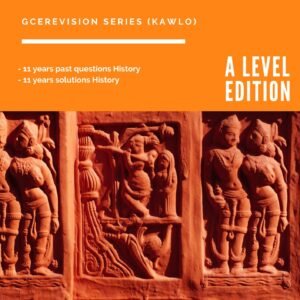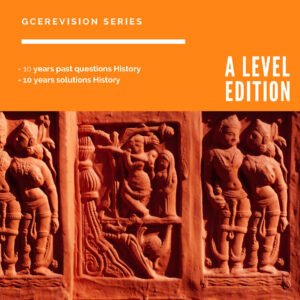cameroon gce advanced level 2025 professional English 1
cameroon gce advanced level 2025 professional English 1
Based on the image provided, here is the extracted data from the reading comprehension passage.
SECTION A: READING COMPREHENSION (10MARKS)
Read the passage below carefully and choose the alternative A, B, C, or D which best completes each question.
Passage:
Corruption is a global issue that plagues governments, businesses and society as a whole. It is defined as the abuse of power for personal gain or enrichment, often involving bribery, fraud or embezzlement. Corruption undermines democracy, hinders economic growth and erodes public trust in institutions. Corruption can take many forms, from petty bribery to large scale embezzlement. In many countries, corruption is endemic, with corrupt officials siphoning off public funds meant for essential services such as healthcare and education. This not only harms the most vulnerable members of the society but also hampers economic growth and development. One of the most common forms of corruption is bribery, where individuals or businesses pay officials to secure contracts, licenses or favorable treatment. This not only distorts the market but also undermines the rule of law and fair competition. In many countries, bribery is a necessary part of doing business, leading to a culture of impunity and inefficiency.
Another form of corruption is embezzlement, where officials divert public funds for personal gain. This deprives the state of much needed resources and undermines public trust as well as government institutions. Embezzlement is often carried out through complex schemes involving shell companies, offshore accounts and money laundering, making it difficult to detect and prosecute. Corruption is not limited to the public sector, as it also occurs in the private sector. Businesses may engage in corrupt practices such as price fixing, bid-rigging and insider training to gain competitive advantage. This harms consumers as well as affects the integrity of the market and erodes public trust in business.
The impact of corruption on the society is far reaching. It undermines the rule of law, distorts decision making processes and fosters a culture of inequality. Corruption hinders investment, slows economic growth, perpetuates poverty and underdevelopment. It also fuels organised crimes, terrorism and other illicit activities aimed at destabilising societies and undermining security.
Efforts to combat corruption have been made at both the national and international levels. Many countries have enacted anti-corruption laws and established specialised agencies to investigate and prosecute corrupt practices. International organizations such as the United Nations and the World Bank have also launched initiatives to promote transparency, accountability and good governance. Despite these efforts, corruption remains a stubborn and pervasive problem. The root causes of corruption are complex and multifaceted, including weak institutions, lack of transparency and impunity for wrongdoers. Addressing corruption requires a comprehensive approach that includes legal reforms, institutional strengthening, and public awareness campaigns.
To crown it all, corruption is a corrosive force that undermines democracy, hampers economic development, erodes public trust in institutions. It is a complex and enduring problem that requires concerted efforts at the national and international levels to combat. It’s only by holding corrupt individuals and institutions accountable that we can create a more just, equitable and prosperous society for all.
Source: culled from Awake Magazine 2024














